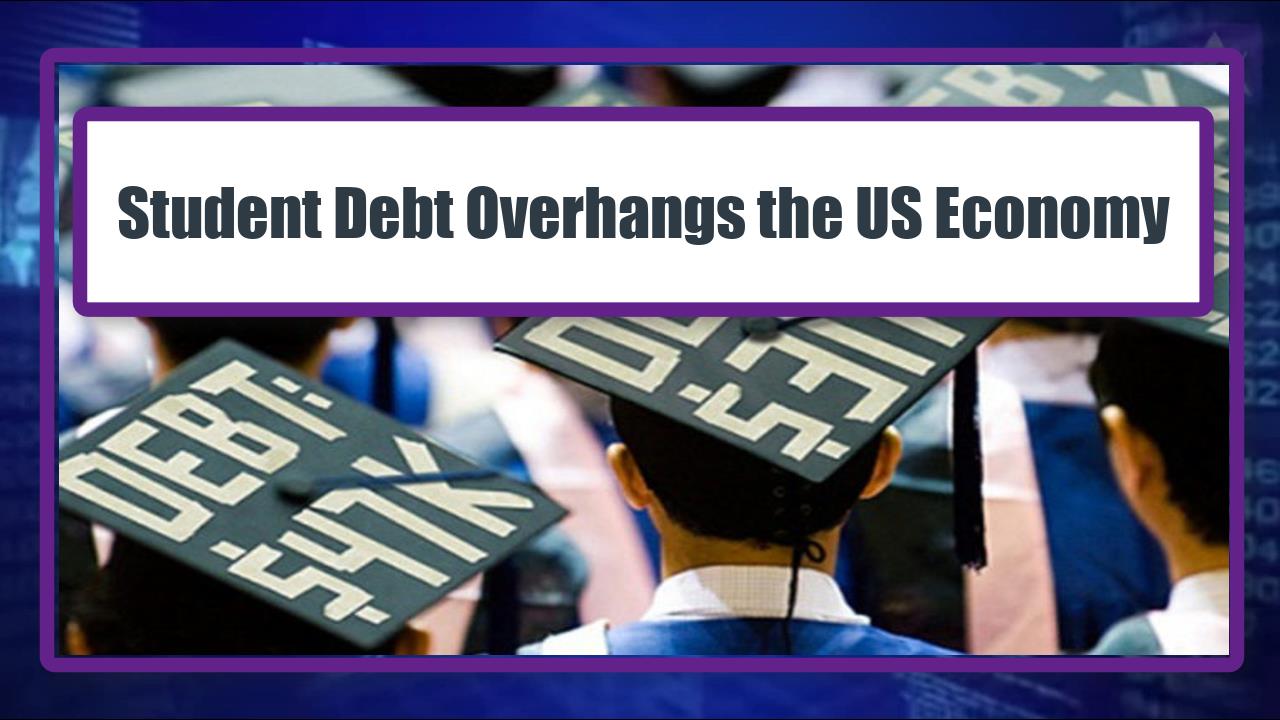Video:
Take our online poll:
AI Analysis:
Student debt forgiveness has been a topic of debate, and while some view it as a solution to the student debt crisis, others argue that it could have negative consequences. Here is a list of reasons why student debt forgiveness might be considered a bad idea:
1) Moral hazard: Forgiving student debt might create a moral hazard, encouraging future students to take on excessive debt with the expectation that it will eventually be forgiven. This could lead to a cycle of increasing student debt and less responsible borrowing behavior.
2) Cost and funding: The cost of student debt forgiveness could be substantial, potentially adding a significant burden to government budgets. Redirecting funds towards forgiveness might limit resources available for other important social programs and public investments.
3) Unfair to non-borrowers: Not all individuals pursue higher education, and some prioritize saving or working during their early years. Student debt forgiveness could be seen as unfair to those who made different choices or who have already repaid their loans.
4) Inflation and interest rates: Large-scale debt forgiveness could lead to concerns about inflation and could impact interest rates, potentially causing other financial issues in the economy.
5) Impact on lenders and taxpayers: Student loans are often held by private lenders, and debt forgiveness could adversely affect their financial stability. Additionally, taxpayers who did not attend college or have already paid off their student loans may be frustrated by having to bear the costs of others' debt relief.
6) Impact on colleges and universities: With student debt forgiveness in place, there might be less pressure on colleges and universities to control tuition costs and be more efficient in their operations.
7) Targeting benefits: Debt forgiveness does not always target those with the most need. High-income individuals may also benefit from debt relief, even though they might have the financial capacity to repay their loans.
8) Potential reduction in future aid: If the expectation of debt forgiveness becomes widespread, it might lead to a reduction in financial aid and scholarships as students anticipate their debts being forgiven.
9) Impact on credit markets: Debt forgiveness could have repercussions on credit markets as lenders may become more cautious in extending credit to students, potentially limiting access to higher education.
10) Overlooking structural issues: Debt forgiveness might not address the root causes of rising college costs and student debt, potentially delaying necessary reforms in the education system.
References:


Comments